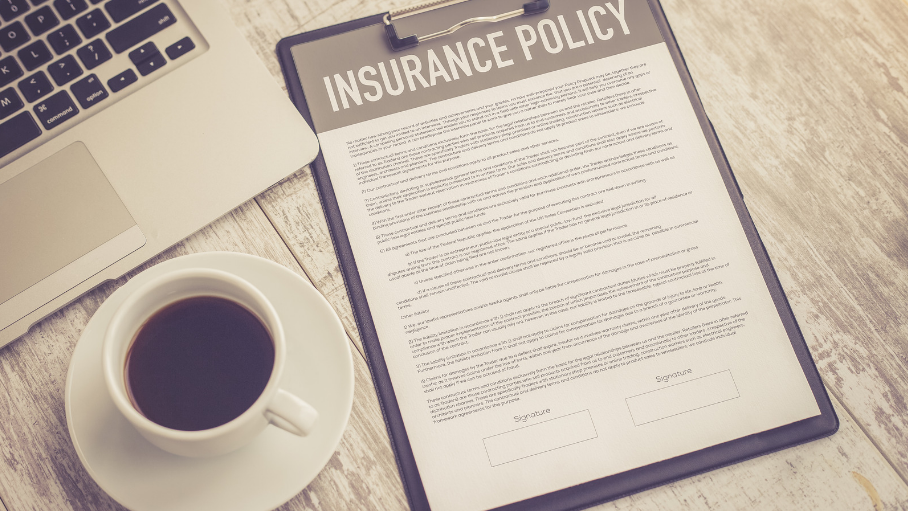Table of Contents
For any business to run smoothly without the risk of potentially going under when disaster strikes, insurance needs to be in place. Many unforeseen circumstances might arise and sink your business if it’s a start-up. And while calculating corporate tax might seem like more of a pressing issue, you should also prioritize insurance to protect your business from unforeseeable disasters. There are things to consider when making this decision, as it also needs to align with your business requisites.
What Do You Need Cover For?
 There are various types of insurance for your business, although you won’t always need every policy. Each element of your business has to be assessed differently to see what parts you need insurance for. In high-risk environments like mines, factories, or financial institutions, your key employees are your most important assets to insure. The main reason is so the business does not lose money because of the incapacitation of the key person.
There are various types of insurance for your business, although you won’t always need every policy. Each element of your business has to be assessed differently to see what parts you need insurance for. In high-risk environments like mines, factories, or financial institutions, your key employees are your most important assets to insure. The main reason is so the business does not lose money because of the incapacitation of the key person.
A worker’s compensation insurance must be put in place to cover the employee should they be unable to carry on with their duties through death or disability. So if freak accidents occur, you are not going to potentially get out of pocket spending money on medical bills and lawsuits. MyKeyManInsurance.com offers some of the most honorable insurance packages to suit both employer and key employees with key person insurance. Because your property is also at risk of damage in all of this, you might need to consider property insurance as well.
Your Budget
Whatever plan you pick needs to match the capacity of your finance solution, seeing as you will be paying a monthly premium towards it. You can also pay an annual premium, making it easier for you to conduct business throughout the year. Or better yet, it locks your premium payment solution in and ensures no random increases during the year.
Cheap Cover VS Quality Cover


Comparing Quotes
Comparing quotes is as old as time with any purchases, plans, or policies you take on. Before a final course of action, make as many comparisons as possible, comparing apples to apples. Once you have enough estimates at hand, you will be able to make the finest and most sensible selection for your cover.
Reading Policy Details


Though it is seen as an unwarranted expense at times, it has proven to be quite the opposite. Having insurance in place has saved many small businesses from taking out their day-to-day funds to fix problems that could have been resolved through insurance plans. Unfortunately, some business owners come to terms with this when it is far too late and are already in deep trouble.






































